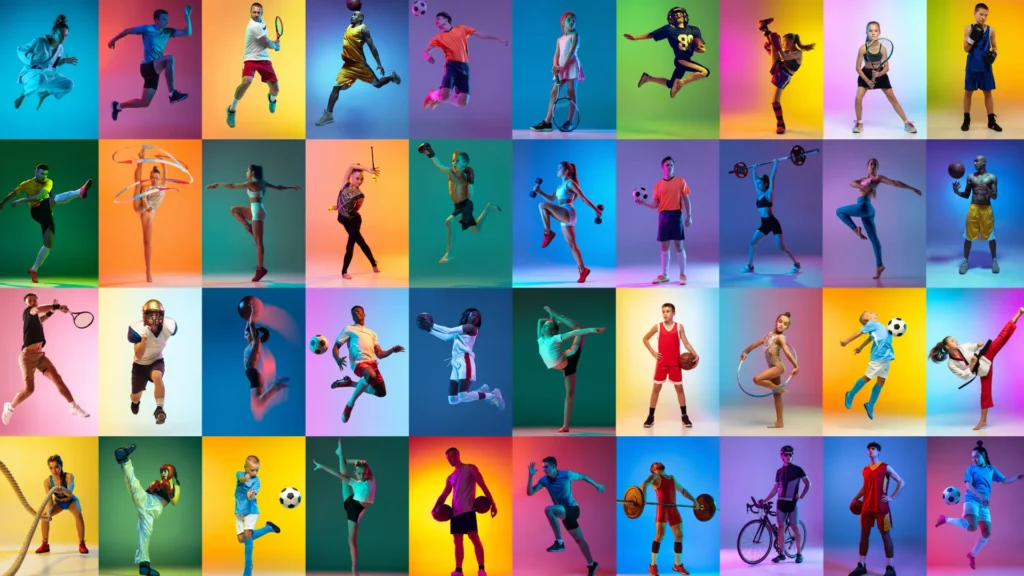It is well recognised that sport and exercise, or physical activity is extremely beneficial for the human body regardless of one’s age. The amount we should engage in will depend on our age. Under 18 should be doing an minimum of 60 mins exercise a day, adults a minimum of 2.5 hours per week of moderate to vigorous exercise. That includes as we get older. In fact, being active is one of the best ways of reducing pain, and dealing with conditions like arthritis. But although the benefits are stacked in favour of sport, exercise and physical activity we do see sports injuries.
Being active can lead to pain or injury, and when you get injured it can really begin to affect you. Whether you have a top level competition coming up, or are struggling to make it to the gym, having to take a back seat can be hugely frustrating and too much rest just makes the road to full recovery longer. Getting on top of the problem early allows us to manage you back to full performance most efficiently.
Our physios have a wealth of experience in dealing with athletes of all levels. As well as being keen activity enthusiasts themselves including cricket, orienteering, road biking, ‘insane’ road biking, Olympic level skiing, Triathlon and crossfit and martial arts, to name a few. We have lots of experience in dealing with top level athletes including the Scottish Cricket Team, Scotland and Edinburgh Professional Rugby, professional masters tennis, professional golfers, Scottish Ski team, elite triathletes and endurance runners, MGA Dance academy, NFL Europe, and the SFA (Livingston and Hibernian FC).
So regardless of your level, whether you are an elite athlete, a fitness enthusiast or just someone looking to become a little more active, we have the experience to look after you and help you achieve the goals you set yourself.
Common sports injuries we see in the clinic will vary hugely, but from head to foot, here are only a few:
If you think you have something that is not there, we probably will have seen it, we just can’t list every sports injury there is. If it hurts, we can probably treat it. Also, we don’t want to put you off exercising! Exercise is good for us, whatever you choose to do!

Our treatments approaches can include hands on manual therapy, such as mobilisation, manipulation and soft tissue massage, as well as exercise rehabilitation and load management, behavioural change and lots of education. Best results happen when there is a good working relationship between physio and athlete / exerciser. We look at your physical condition, your asymmetries, your lifestyle and your beliefs and we help you set your realistic goals to get you either back to the level you were previously at, or to a new higher level that you are looking for.
Our Edinburgh physiotherapy clinics have specialist services to aid your recovery for certain conditions including Shockwave (Trinity / Mayfield), Biodex (Isokinetic assessment and treatments- Mayfield only), on-site gyms (Trinity / Mayfield / Westwoods), forceplate gait assessment (Gaitscan – Trinity), Video analysis, and Bike fit assessments. Our team have the ability to safely build you back to fitness with structure and assessments through the process allowing us to make informed judgements on your next progression and return to your sport.
If you want more information on what we do, please email us at [email protected] and we will be delighted to give you as much info as you need.